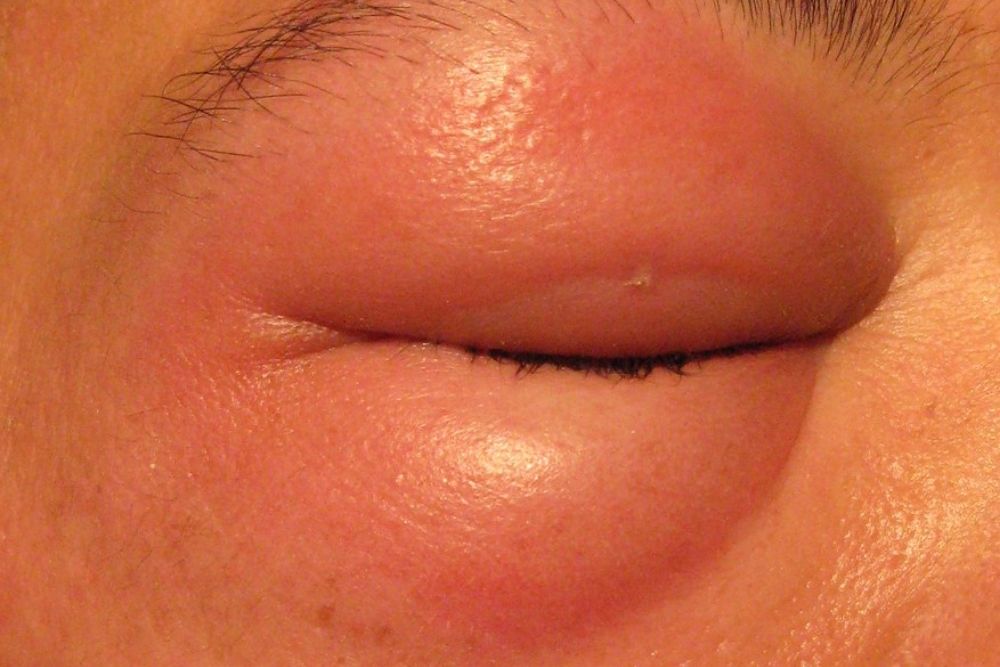Though summer and fall have come and gone, the presence of insects is still there. It can be observed that they are in a small quantity during winter. Being stung by an insect is not a fun experience. It may be annoying and uncomfortable. Some bites and stings are dangerous which will need medical attention immediately. You should watch out for swelling if you are stung by a small insect.
Bee stings that happen near or in the eye are rare. It is simple to treat a sting near the eye but it is a different conversation if you are stung on the eyelid or cornea. A simple cold compress will do if it occurred near the eye. Applying a cold compress can ease the pain and treat inflammation. The treatment for bee sting depends on the severity. There are instances where there is an allergic reaction to the sting.
You will need help from your ophthalmologist if it occurred in the eyelid or cornea. Your main concern after the bite becomes irritated and swollen is if there is an excessive or abnormal swelling as this may indicate a serious injury. The best way to address this problem is to contact your ophthalmologist immediately even before it swells to remove the stinger from the point of impact.
What Will Happen if the Treatment for Bee Sting Is Delayed?

The stinger of the bee has toxins that cause inflammation. The stinger also has a saw-like structure that is sharp that makes it hard to completely remove. Delaying treatment will cause damage to the eye which can have a lasting effect on eyesight. Move as quickly as possible. It is advisable to apply ice while on the way to the eye doctor to fight the swelling as much as possible.
There is a case where a man went to his ophthalmologist a month after he was stung on the eyelid. He assumed that he got the stinger out. One month later, there was something burrowed through his eyelid and started scratching the surface of his eye. The patient was able to make a full recovery after the stinger was removed by an ophthalmologist and a treatment with antibiotics and steroids.
Safety Reminder About Bee Sting

You may experience blurry vision when you are stung near the eye. Ivan Schwab, a cornea specialist, reminds people to apply a cold compress as first aid if they are stung in the flesh part of the eye but not the cornea. First aid does not mean you do not need further medical help. It is still recommended to get it checked by an ophthalmologist. Go to the emergency room as soon as possible if you are stung in the cornea.



